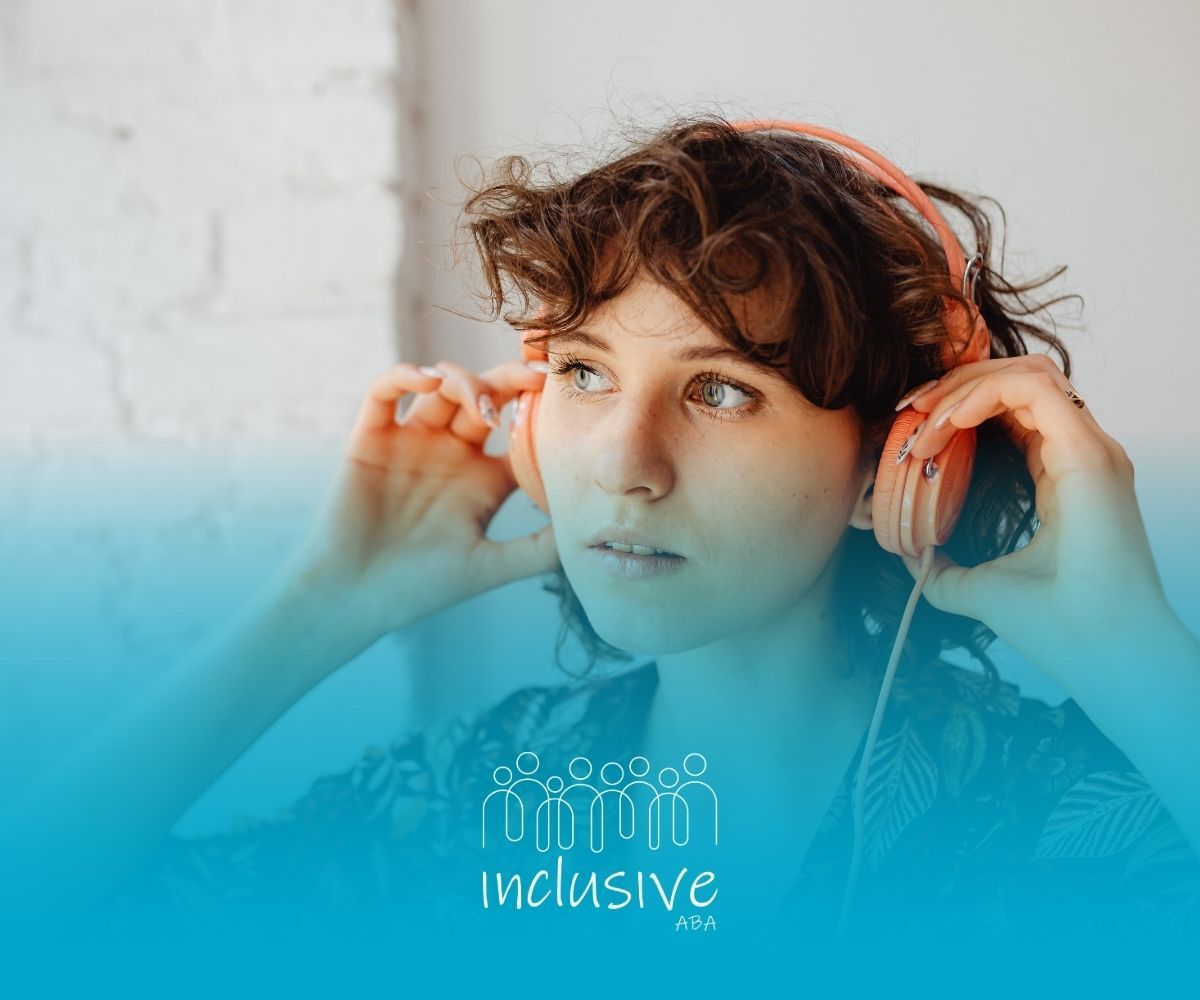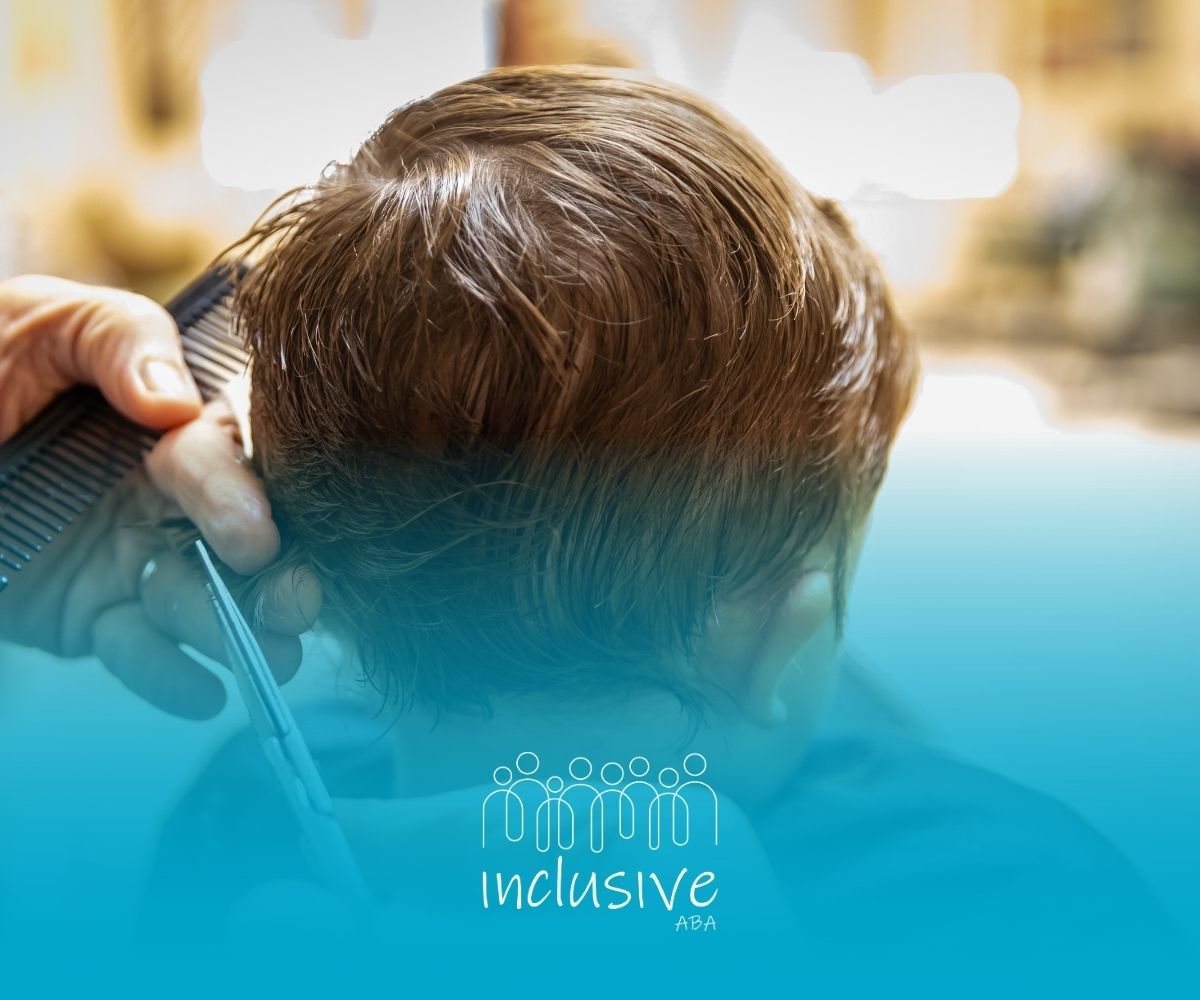Navigating Adolescence: The Benefits of ABA Therapy for Teens
As an ABA professional, I often see firsthand how transformative ABA therapy can be for teenagers on the autism spectrum. Adolescence is a complex time for any individual, but for teens with Autism Spectrum Disorder (ASD), it can bring unique challenges in communication, social interactions, and daily living.
ABA therapy provides a structured and personalized approach to help teens navigate these challenges and thrive. Let me walk you through the benefits and strategies of this impactful intervention.
Key Principles and Techniques of ABA Therapy
In my experience working with teens, I’ve found that the following principles are foundational to effective ABA therapy:
- Positive Reinforcement: This technique motivates teens by rewarding desired behaviors. Rewards can range from verbal praise to tangible incentives like small prizes.
- Breaking Down Skills: Complex tasks are divided into smaller steps to make learning manageable and less overwhelming.
- Data Collection: Progress is monitored closely through data analysis to ensure treatment plans remain effective and relevant.
These strategies create a structured yet flexible framework that adapts to each teen’s evolving needs.
Psychological Benefits of ABA Therapy
Beyond building practical skills, ABA therapy fosters psychological growth. Here are some key areas where I’ve seen teens benefit emotionally:
Enhancing Communication Skills
Effective communication is vital for success in every aspect of life. For teens with autism, communication challenges can create barriers to forming connections.
Through structured activities and positive reinforcement, ABA therapy helps teens develop both verbal and nonverbal communication skills. For example:
- Practicing conversational skills
- Understanding social cues
- Using alternative communication methods when needed
Improved communication opens doors to more meaningful relationships with family, friends, and peers.
Improving Social Interactions
Social interactions can be particularly challenging for teens with ASD. In my sessions, I focus on teaching skills such as initiating conversations, respecting personal boundaries, and responding appropriately to social cues.
These adaptive skills help teens build friendships and participate in group activities confidently.
By improving social interactions, teens often feel a greater sense of belonging—a crucial aspect of adolescence.
Practical Strategies in ABA Therapy
ABA isn’t just about theory; it’s deeply rooted in actionable strategies that support teens in their daily lives. Here are some approaches I recommend:
Setting Realistic Goals
One of the first steps in any ABA intervention is setting personalized goals based on the teen’s needs. These goals might include:
- Enhancing communication (e.g., expressing needs verbally)
- Mastering social skills (e.g., initiating conversations)
- Fostering independence (e.g., managing personal hygiene or time)
- Reducing problematic behaviors (e.g., identifying triggers)
By breaking down these larger objectives into smaller steps, progress becomes achievable and motivating.
Using Behavioral Reinforcement
Positive reinforcement is a cornerstone of ABA therapy. For instance:
If a teen successfully initiates a conversation during a social activity, they might receive praise or a small reward that resonates with them.
This consistent encouragement creates an environment where learning feels rewarding rather than daunting.
Family Involvement in ABA Therapy
In my practice, I always emphasize the importance of family involvement in ABA therapy. Parents play a critical role in reinforcing what their teen learns during sessions. By equipping families with strategies tailored to their teen’s needs, we ensure that progress extends beyond the therapy room into everyday life.
Ready to unlock your teen's potential with ABA therapy? Contact Inclusive ABA today to learn more about our personalized programs. Call us at 888-912-7893 or email us at info@inclusiveaba.com.
Frequently Asked Questions
Is ABA therapy only for young children?
Not at all. ABA therapy is beneficial for individuals of all ages, including teenagers. It's tailored to meet their specific developmental needs and goals.
How long does ABA therapy typically last for teens?
The duration of ABA therapy varies depending on the individual's needs and progress. Some teens benefit from short-term interventions, while others may require longer-term support.
Will ABA therapy help my teen with social skills?
Yes, absolutely. ABA therapy often focuses on improving social skills, teaching teens how to initiate conversations, understand social cues, and build meaningful relationships.
Sources:
- https://pmc.ncbi.nlm.nih.gov/articles/PMC11487924/
- https://pmc.ncbi.nlm.nih.gov/articles/PMC9458805/
- https://pmc.ncbi.nlm.nih.gov/articles/PMC3196209/
- https://my.clevelandclinic.org/health/treatments/25197-applied-behavior-analysis
- https://www.autismspeaks.org/expert-opinion/aba-teens
Looking for Expert Help? We're Here for You!
Our compassionate and skilled team is devoted to enhancing your child's development through customized ABA therapy. Let us partner with you to create a supportive environment for your child's success.
Discover how we can help your family thrive with expert ABA therapy.
Related Posts







